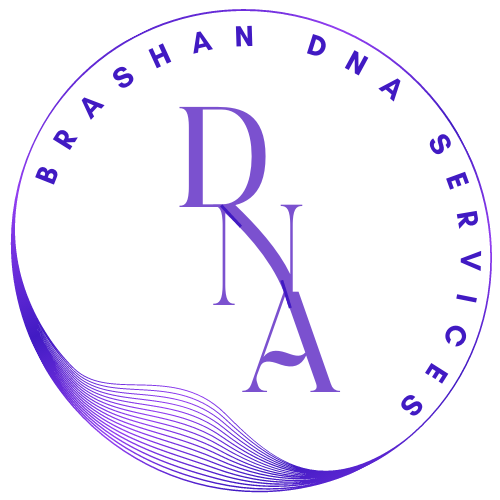DNA testing is used to find out about biological relationship in organisms, for example in humans and animals. There are different types of Parentage DNA testing:
1. Paternity test. If you are looking to confirm the biological father of a child for your peace of mind, you can collect your DNA test samples using our DNA testing kit for paternity in the comfort of your own home. The child’s DNA is compared to the alleged father’s DNA sample to identify a match. Each tested pair of allelles from the child should contain one of the father’s allelles. If more than two pairs of allelles do not match, then the alleged father is excluded as the father of the child.
2. Maternity DNA testing is used to confirm whether an alleged mother is really the biological mother of a child. · Non-Invasive prenatal paternity DNA testing provides the most accurate way to determine paternity of a baby before birth.
3. Y-chromosome testing is used to confirm alleged paternal lines in the tested males.
4. Sibling testing confirms half or full DNA for siblings. Siblings who share the same mother and father are referred to as full siblings. They usually have more DNA in common than half siblings. Half siblings are those who share either same mother or father but not both. Usually, half siblings have more DNA in common than people who are not related. Inconclusive results may occur if there is insufficient DNA evidence of genetic relationship. This is due to the random nature of DNA inheritance which could lead to DNA being inherited in common.
5. Grandparent DNA testing is often used to establish a biological relationship between an individual and an alleged grandparent. It often needed when a direct descendant is deceased and there is need to prove that a hitherto unknown child is actually related to the grandparent.

